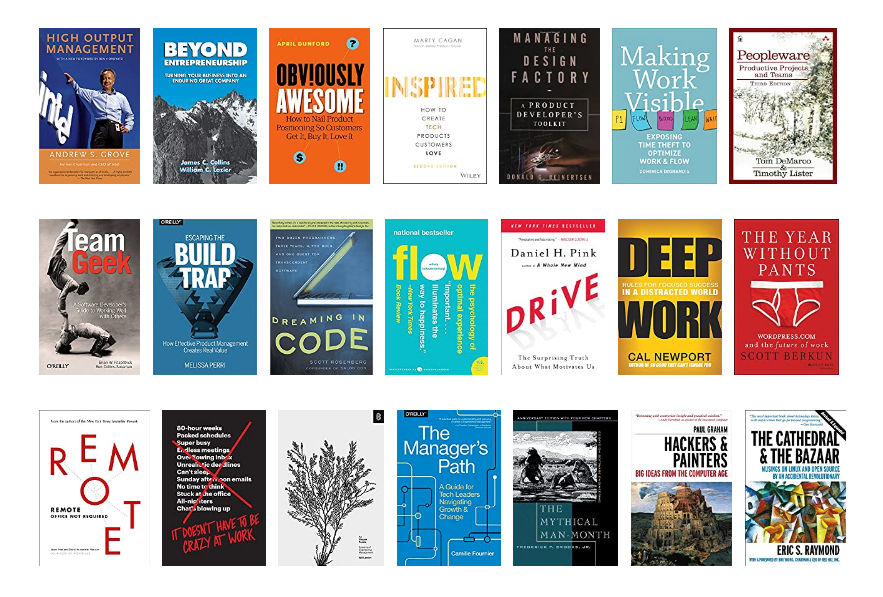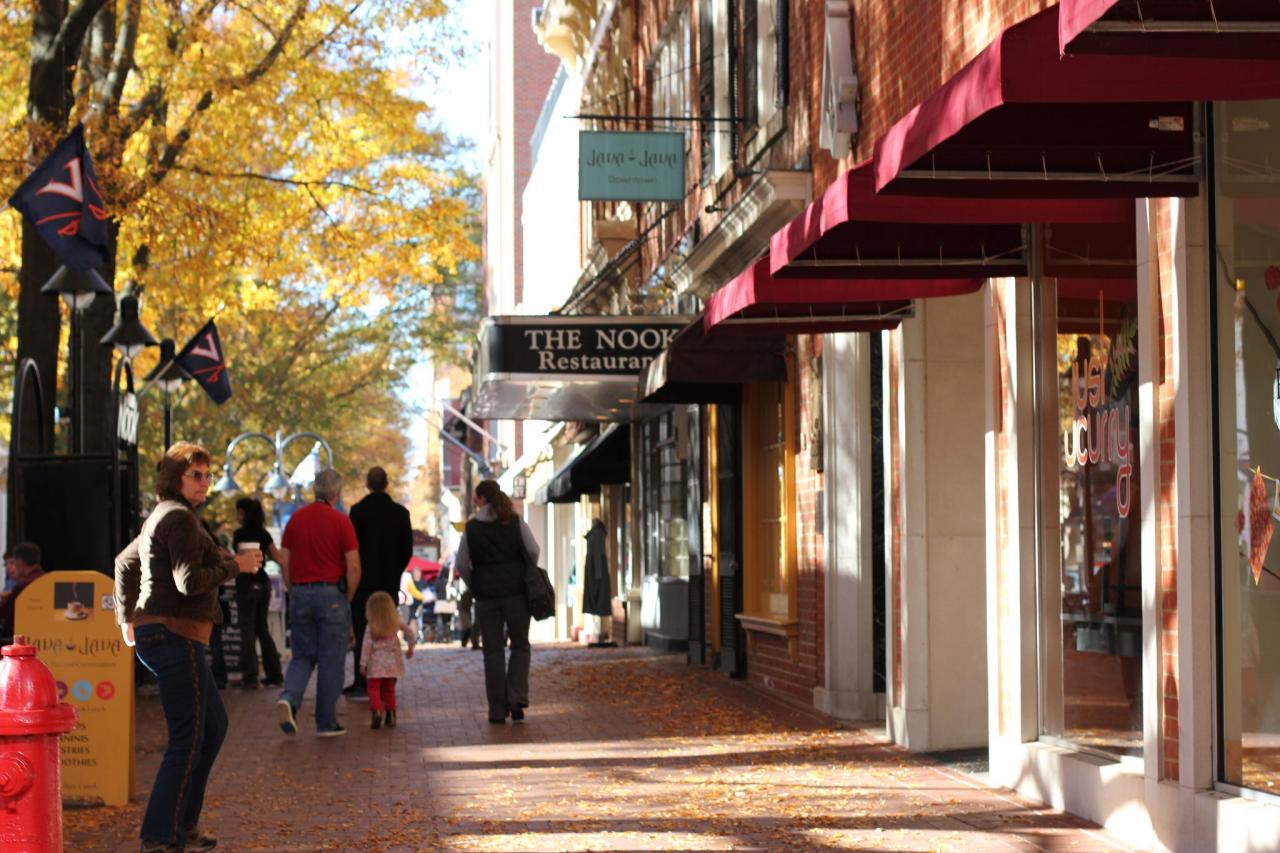When I turned 27, I wrote the following in my birthday post:
I don’t need stuff. I just need time. Of course, that’s the bittersweet part of one’s birthday. That even as you come to realize the importance of time, the day acts as a reminder of how our time on this earth is limited. 1 day passes, and only
n-1left to make a difference.
The average life expectancy for a US male born in 1984 is 75. I just turned 38 today. Therefore, it’s fair to say, I just turned n/2 + 1.
That is perhaps a bit too fatalistic and reductive. The number n is not guaranteed to be 75. “Don’t be so morbid!” someone might exclaim to me. “After all, many people live to 80, 90, even 100. And medicine improves all the time.”
Well, yes, this is true. But, it’s also likely — and increasingly so — that I might die any minute. Freak accidents, a late-discovered birth defect. Or, just losing the medical lottery in middle age. So, I return to the wisdom of my youth: “I don’t need stuff. I just need time.”
But, toward what end? That has been the interesting riddle of approaching n/2 with the following undeniable privileges:
- good health
- professional satisfaction
- financial security
- confidence in my irreversible life choices
Many approach this same milestone with none of the above, and many would love for any one of them to be squared away.
The honest truth is, I find myself heavy with the weight of these privileges. History is, as Harold Bloom once put it when describing literature, “a conflict between past genius and present aspiration, in which the prize is […] survival.” Here, he was referring to well-crafted stories. “Survival” meant their perpetuation through the ages via timeless literary relevance, something he referred to as “canonical inclusion”.
But what of my field, software?




